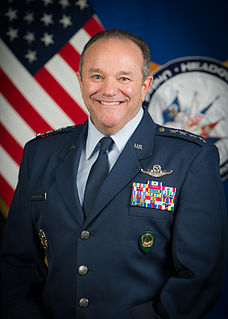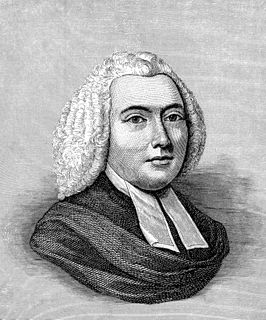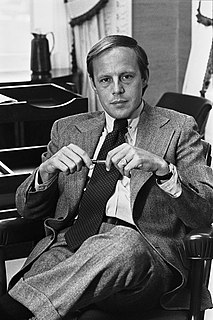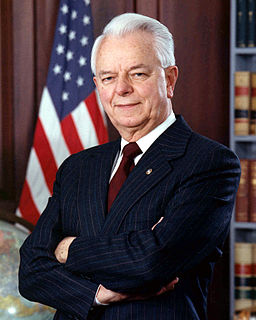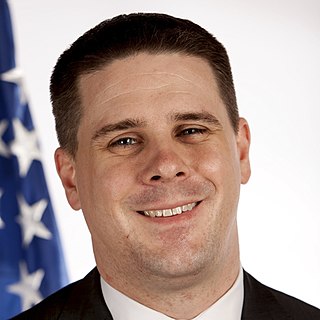A Quote by Richard M. Nixon
Under the doctrine of separation of powers, the manner in which the president personally exercises his assigned executive powers is not subject to questioning by another branch of government.
Related Quotes
I believe in the separation of powers. If a judge crosses the line between interpreting and making the law, he has crossed the line supporting his legitimate authority from the legislative branch's authority. Now, to me that's a very serious matter if we believe, as America's founders, did that the separation of powers - not just in theory or in textbook but in practice in the actual functioning of government - is the linchpin of limited government and liberty.
The constitution has divided the powers of government into three branches, Legislative, Executive and Judiciary, lodging each with a distinct magistracy. The Legislative it has given completely to the Senate and House of Representatives. It has declared that the Executive powers shall be vested in the President, submitting special articles of it to a negative by the Senate, and it has vested the Judiciary power in the courts of justice, with certain exceptions also in favor of the Senate.
If the federal government has the exclusive right to judge the extent of its own powers, warned the Kentucky and Virginia resolutions' authors (James Madison and Thomas Jefferson, respectively), it will continue to grow - regardless of elections, the separation of powers, and other much-touted limits on government power.
Trump hasn't really done anything yet to abuse his powers. I don't even know if he knows what all his powers are as president. And that worries me. He will learn. After he learns how the presidency works, he could become much more dangerous, because his personality doesn't change. Once presidents find their powers, they don't give them up. They use them.
I see,... and with the deepest affliction, the rapid strides with which the federal branch of our government is advancing towards the usurpation of all the rights reserved to the States, and the consolidation in itself of all powers, foreign and domestic; and that, too, by constructions which, if legitimate, leave no limits to their power... It is but too evident that the three ruling branches of [the Federal government] are in combination to strip their colleagues, the State authorities, of the powers reserved by them, and to exercise themselves all functions foreign and domestic.
President Obama's biggest advocates believe that Americans are ready to embrace his vision for the United States: a less muscular America on the world stage, an America with a more controlling executive branch and less conflict in the legislative branch, an America in which the government takes care of us, be we Pajama Boys or Julias.
I believe that the power to declare war is most important in limiting the powers of the national government in regard to the rights of its citizens, but that it does not require Congress to give its approval before the president uses force abroad. I do not believe that the framers of the Constitution understood the power to declare to mean "authorize" or "commence" war. That does not mean that the separation of powers or checks and balances will not work.





